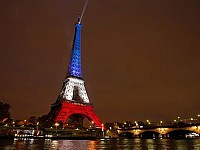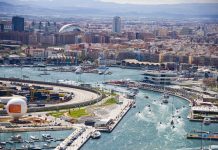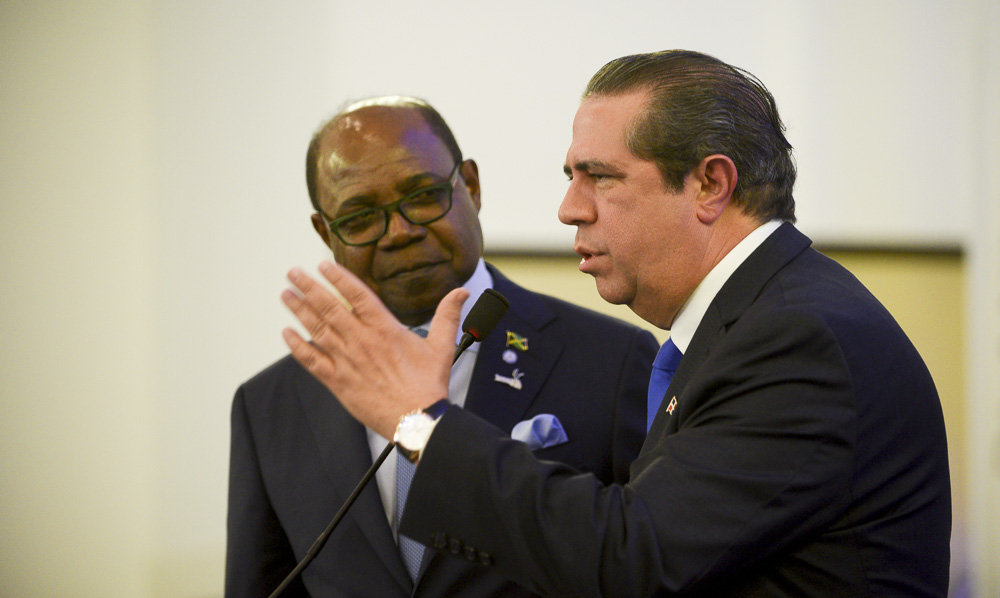This post may contain affiliate links. We may earn money or products from the highlighted keywords or companies or banners mentioned in this post.

While the sad dust of 13 November attacks in Paris slowly settles, experts start evaluating the possible medium and long term impact on the French tourism industry and on Paris. Tourism represents 10 percent of the total French GDP and provides 9.5% of the nation’s jobs.
Thanks to the closure of iconic or frequently visited sites, such as the Louvre or Disneyland, a number of tourists staying in Paris returned home earlier, others have postponed their trips; and several hotels reported more than half of their reservations canceled. Many museums, cafés and restaurants have been similarly deserted.
With the approach of the profitable festive season, all of this makes the French tourism professionals as well as service providers worry about decreasing amount of tourists.
Although no particular tourist site was attacked by terrorists, the targets were all related to leisure and the art of living which are close relatives to tourism, and it therefore concerns places susceptible to being frequented by casual visitors – nothing to inspire a traveler’s desire of going to Paris, usually the third-most-visited city in the world.
Moreover, fearing possible after attacks and upon the request of President Hollande to extend the state of emergency to three months, the minister of interior has not reassured anyone planning a trip to the city of lights.
Even now the famous Christmas Market on the Champs-Élysées records significantly smaller amounts of visitors.
The consequences regarding French tourism are not limited to Paris: in Lyon, the Festival of Lights could be cancelled, which is a key event in the city during the month of December, while the mayor of Strasbourg is wondering if he should hold the Christmas market this year, which is attended by two million people.
Additionally, according to a study by the Business Travel Coalition among U.S. travelers, 20% of respondents are thinking about postponing their trip to France; 20% are even hesitant to visit Europe for the time being; and 70% of people interviewed — company executives, people from universities or government institutions — prefer to let their subordinates decide if they deem it appropriate to travel to France for professional reasons.
While Belgium and South Korea advise their nationals against going to Paris — unless necessary — many countries recommend only exercising more caution, in France in general and in Paris, in particular. The French tourism industry records decreased numbers of travelers from all regions.
Air France announced that their booking cancellations exceeded new reservations, and Air Berlin and Norwegian Air, also reported significant losses. In Quebec, Air France allows passengers to postpone their travels— free of charge, in certain cases — according to various scenarios. Air Canada has cancelled the amendment fees for those wishing to postpone their flights.
In Montreal, Armelle Tardy-Joubert, the director of Canada d’Atout France — the French agency of tourist development — said: “Today, everything has been done to ensure the safety of the French people and visitors, more than 1 000 military personnel have been deployed to tourist sites, and we have installed several new controls at the borders.”
Obviously, the Parisian tourist officials are not standing by idly: their key players met to study the various scenarios to consider under the circumstances. Although certain congresses, meetings and other gatherings have been cancelled or postponed, the decision to still hold the COP21 sends a strong message: neither Paris nor France expects to stand by idly and to yield to fear or panic.
The Eiffel Tower has just been reopened with great pomp and ceremony in a new blue-white- and-red cloak. Particularly, life slowly returns to normal, with a few initiatives of the less creative, such as operation Tous au bistrot! or the creation of a Facebook page advocating “celebration as a way of resistance and reclamation”: for its founders, Paris is a celebration, and it must remain that way.










